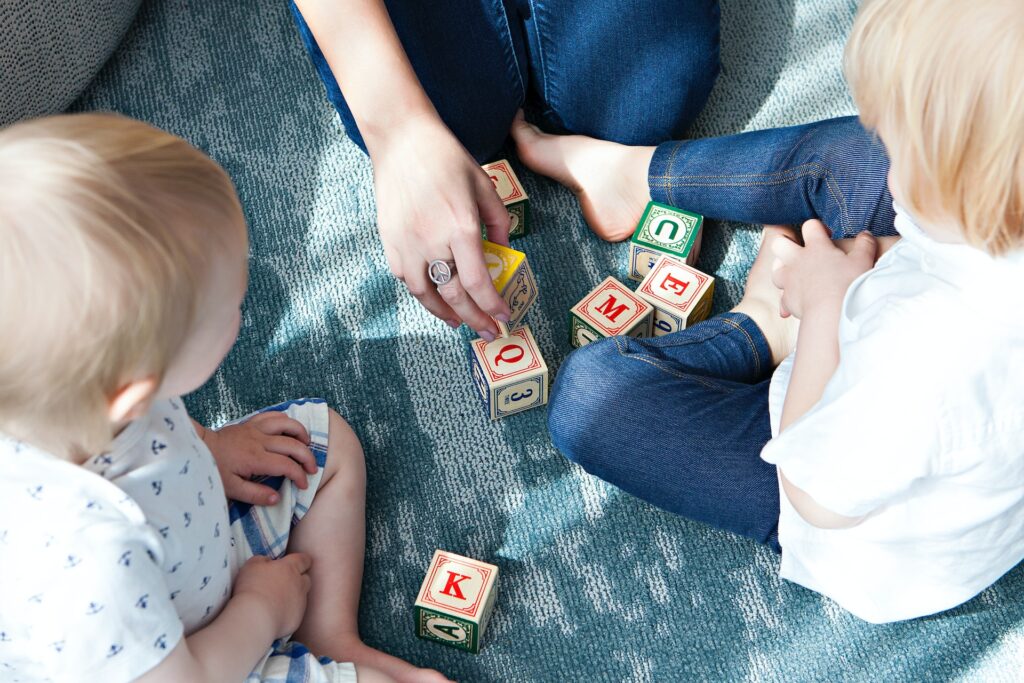
The decision to entrust a caregiver with the well-being of your child is a momentous one, and in recent years, many families have chosen the intimate setting of in-home child care. This shift away from traditional daycare centers and preschools reflects a desire for personalized, family-centric care. In this comprehensive guide, we explore the myriad benefits that in-home child care offers to families, delving into the nurturing environment, the individualized attention, and the holistic development it fosters.
The Comforts of Home
Perhaps the most palpable advantage of in-home child care is the comforting and familiar environment it provides. Children thrive when they feel secure, and the home setting offers a sense of continuity and stability. Surrounded by their toys, books, and the familiar nooks and crannies of their living space, children in in-home care can navigate their daily routines with a sense of ease and comfort.
Individualized Attention
In a traditional childcare setting, where ratios can be higher, it may be challenging for each child to receive the individualized attention they need. In-home child care, on the other hand, is inherently designed to be a one-on-one or small group experience. This allows caregivers to tailor activities, learning experiences, and even meal plans to the specific needs and preferences of each child, ensuring a more personalized and enriching experience.
Building Stronger Bonds
The intimate nature of in-home child care creates a unique opportunity for caregivers to build strong bonds with the children under their care. This close connection is not only beneficial for the child’s emotional development but also contributes to a sense of trust and security. Caregivers often become an extension of the family, fostering a nurturing relationship that can positively impact a child’s social and emotional well-being.
Flexibility and Convenience
One of the practical advantages of in-home child care is the flexibility it offers to families. Parents can work with caregivers to establish schedules that align with their needs, making it easier to balance professional and family life. The convenience of having a caregiver come to the home also eliminates the logistical challenges associated with drop-offs, pickups, and commuting to a separate childcare facility.
Tailored Learning Experiences
In-home child care allows for a customized approach to early childhood education. Caregivers can adapt activities, playtime, and learning experiences to match the developmental stage and interests of each child. This flexibility fosters a love for learning, as children engage with age-appropriate educational materials and activities tailored to their individual needs and curiosities.
Continuity of Care
Consistency is key in a child’s development, and in-home child care provides a level of continuity that can be challenging to achieve in larger childcare settings. The same caregiver is consistently present, creating a stable and secure environment for the child to grow and learn. This continuity is particularly valuable for younger children who may find comfort in familiar faces and routines.
Reduced Exposure to Illnesses
Childcare centers can sometimes be breeding grounds for common childhood illnesses due to the close proximity of children in shared spaces. In-home child care, with its smaller groups and controlled environment, can help reduce the risk of exposure to contagious illnesses. This can be especially appealing to parents who are concerned about their child’s health and well-being.
Integration of Family Values
In-home child care allows for a more seamless integration of family values into the daily routine. Caregivers can work closely with parents to understand their parenting philosophies, values, and cultural practices, ensuring that the care provided aligns with the family’s overall ethos. This collaborative approach contributes to a cohesive and harmonious environment for the child.
Reduced Stress for Parents
The convenience and personalized nature of in-home child care can significantly reduce stress for parents. Knowing that their child is being cared for in a familiar and loving environment provides peace of mind. Additionally, the absence of the daily commute to a childcare facility can alleviate time pressures on parents, allowing for a more relaxed and enjoyable family life.
Holistic Development
Ultimately, the benefits of in-home child care contribute to the holistic development of the child. The combination of a nurturing environment, individualized attention, strong bonds, and tailored learning experiences lays the foundation for a child’s cognitive, emotional, and social growth. These early experiences can have a lasting impact on a child’s confidence, resilience, and overall well-being.
A Haven of Growth and Love
In-home child care emerges not just as a practical solution for working parents but as a haven of growth and love for children. The myriad benefits, from the comforts of home to the tailored learning experiences, collectively create an environment where children can flourish. As families increasingly recognize the value of personalized and family-centric care, in-home child care stands as a testament to the enduring importance of creating a nurturing foundation for the youngest members of our communities.
